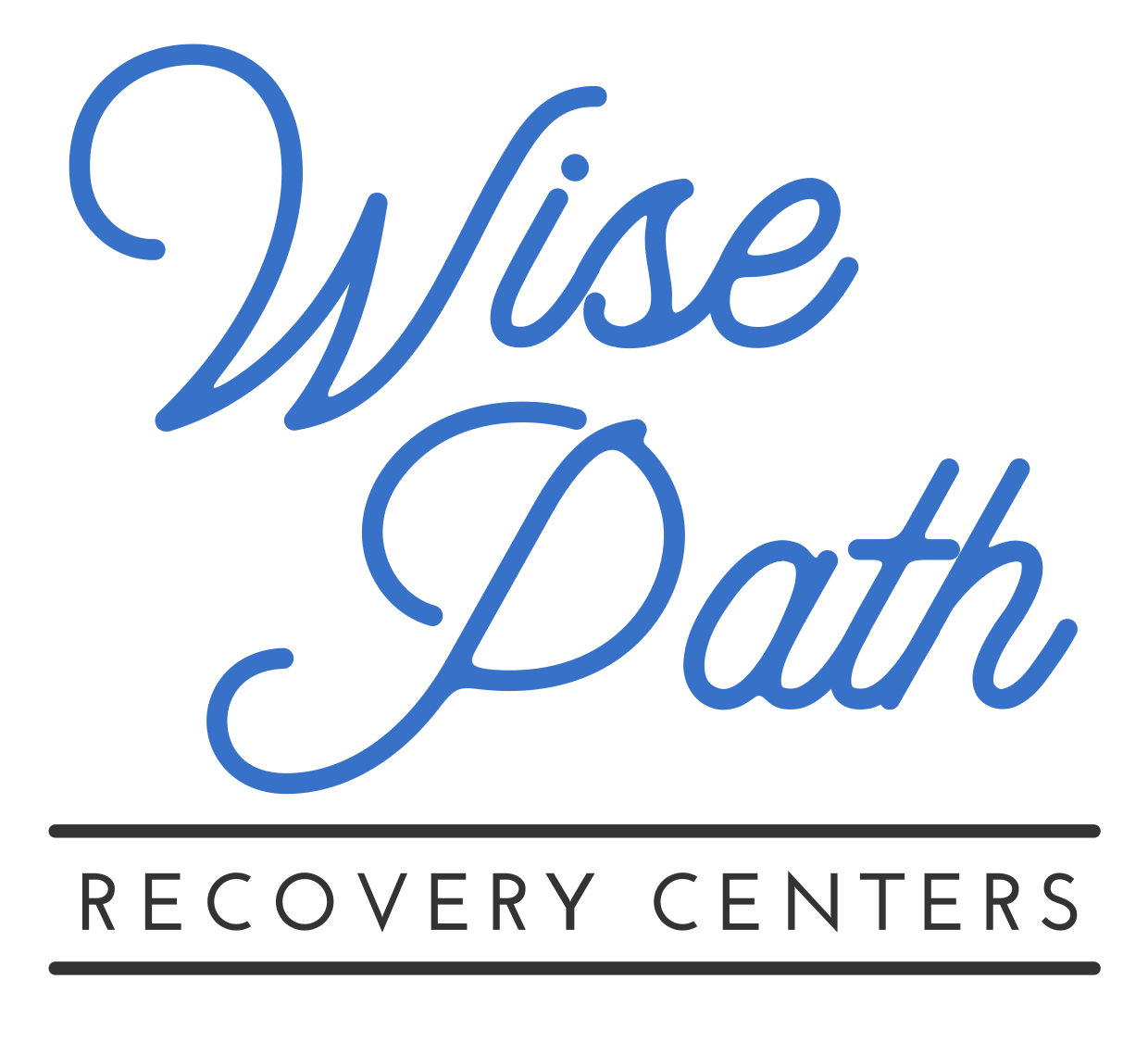Wise Path Recovery Centers ™
DEPRESSIVE DISORDERS
What are Depressive Disorders?
According to the National Institute of Mental Health (NIMH), an estimated 21 million adults in the United States had at least one major depressive episode—one of the most common types of depressive disorder. This number represented 8.4% of all U.S. adults. Depression is more common in females and in adults ages 18-25, according to the NIMH.
Depressive disorders are a group of mental health conditions characterized by persistent feelings of sadness, hopelessness, or a lack of interest or pleasure in activities that were once enjoyable. These disorders can range in severity from mild to severe and can impact a person’s daily functioning, relationships, and overall quality of life.
Some common types of depressive disorders include:
Major Depressive Disorder (MDD)
Persistent Depressive Disorder (PDD)
Seasonal Affective Disorder (SAD)
Psychotic Depression
It’s important to note that depression can be a complex and multifaceted condition, and a thorough evaluation by a mental health professional is crucial to making an accurate diagnosis and determining the best course of treatment.
Wise Path Recovery Centers™ recognizes the importance of treating substance use disorders and co-occurring mental health conditions, including depressive disorders. At Wise Path, clients receive an individualized treatment plan tailored to their unique needs and includes evidence-based therapies for addiction and depression.
What are Depressive Disorders?
According to the National Institute of Mental Health (NIMH), an estimated 21 million adults in the United States had at least one major depressive episode—one of the most common types of depressive disorder. This number represented 8.4% of all U.S. adults. Depression is more common in females and in adults ages 18-25, according to the NIMH.
Depressive disorders are a group of mental health conditions characterized by persistent feelings of sadness, hopelessness, or a lack of interest or pleasure in activities that were once enjoyable. These disorders can range in severity from mild to severe and can impact a person’s daily functioning, relationships, and overall quality of life.
Some common types of depressive disorders include:
Depressive Disorders
Persistent Depressive Disorder (PDD)
Seasonal Affective Disorder (SAD)
Psychotic Depression
What is the Connection Between Depressive Disorders & SUD?
Substance use disorders and depressive disorders are often connected and can have a complex and bidirectional relationship. Individuals with depressive disorders are more likely to develop substance use disorders, and individuals with substance use disorders are more likely to develop depressive disorders.
Depressive disorders can increase the risk of developing SUD because individuals with depression may use drugs or alcohol as a form of self-medication to cope with their symptoms. Substance use can temporarily relieve feelings of sadness, hopelessness, or anxiety, but it can also lead to a cycle of dependence and addiction, exacerbating underlying depression symptoms.
On the other hand, substance use disorders can increase the risk of developing depressive disorders because chronic drug or alcohol use can alter brain chemistry, leading to imbalances in neurotransmitters and changes in mood. Substance use can also negatively impact relationships, work or school performance, and overall quality of life, all of which can contribute to feelings of depression.
Substance use disorders and depressive disorders can also share common risk factors, such as genetics, environmental stressors, and childhood trauma. It’s crucial for individuals with these conditions to seek professional help and receive comprehensive and integrated treatment that addresses both disorders.
How Do We Treat Depression?
Wise Path Recovery Centers™ recognizes the importance of treating both substance use disorders and co-occurring mental health conditions, including depressive disorders. Our clients receive an individualized treatment plan tailored to their unique needs and includes evidence-based therapies for addiction and depression.
Individuals with co-occurring mental health disorders, such as depression, may receive various treatments that include:
Individual and group counseling that employ evidence-based techniques like cognitive behavioral therapy (CBT), dialectical behavior therapy (DBT), and mindfulness-based cognitive therapy (MBCT) to address underlying issues that contribute to depression and substance use.
Medication management to alleviate symptoms of depression and other mental health disorders, as well as to help manage cravings and withdrawal symptoms associated with substance use disorders.
Family therapy that involves loved ones to provide support and education about the effects of depression and addiction, as well as to promote a healthy and supportive environment for long-term recovery.
The treatment services offered by Wise Path Recovery Centers™ aim to address the underlying issues that contribute to substance use and depression in order to support long-term sobriety and mental health. Through a safe, supportive, and integrated approach to treatment, our goal is to equip clients with the skills and tools necessary to manage both conditions and live fulfilling lives effectively.
How Do We Treat Depression?
Wise Path Recovery Centers™ recognizes the importance of treating both substance use disorders and co-occurring mental health conditions, including depressive disorders. Our clients receive an individualized treatment plan tailored to their unique needs and includes evidence-based therapies for addiction and depression.
Individuals with co-occurring mental health disorders, such as depression, may receive various treatments that include:
Individual and group counseling that employ evidence-based techniques like cognitive behavioral therapy (CBT), dialectical behavior therapy (DBT), and mindfulness-based cognitive therapy (MBCT) to address underlying issues that contribute to depression and substance use.
Medication management to alleviate symptoms of depression and other mental health disorders, as well as to help manage cravings and withdrawal symptoms associated with substance use disorders.
Family therapy that involves loved ones to provide support and education about the effects of depression and addiction, as well as to promote a healthy and supportive environment for long-term recovery.
The treatment services offered by Wise Path Recovery Centers™ aim to address the underlying issues that contribute to substance use and depression in order to support long-term sobriety and mental health. Through a safe, supportive, and integrated approach to treatment, our goal is to equip clients with the skills and tools necessary to manage both conditions and live fulfilling lives effectively.
